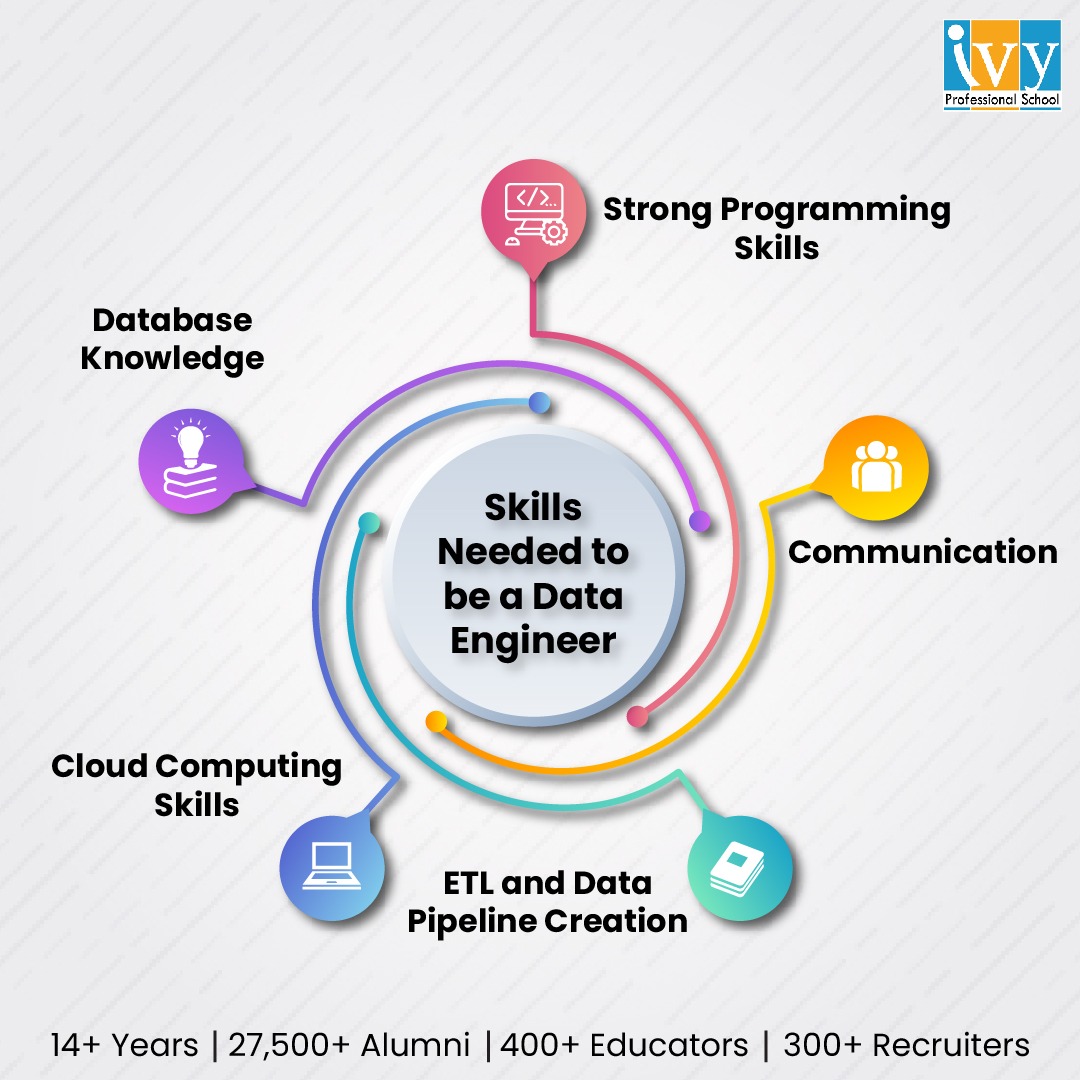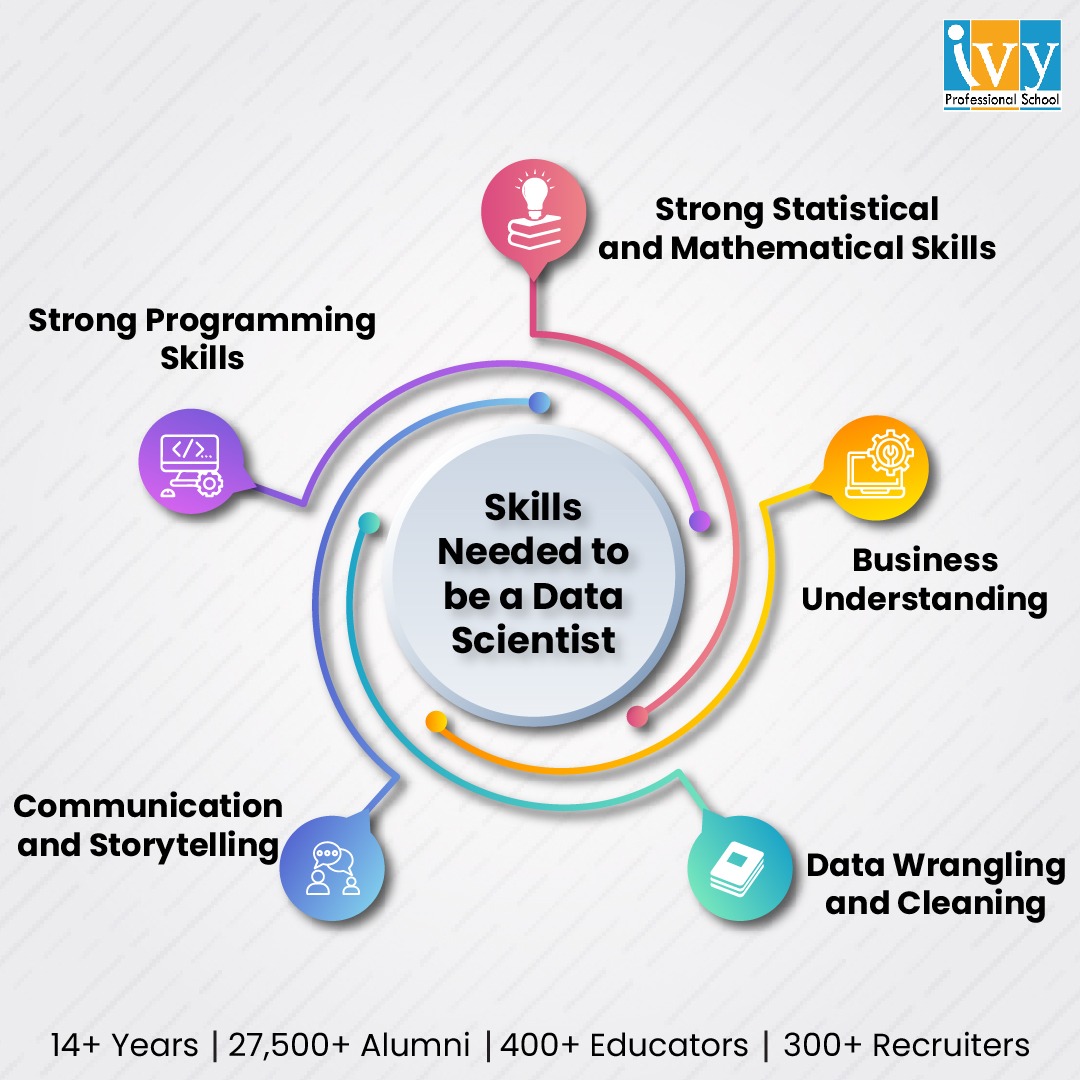Team Apr 01, 2023 No Comments
If you do not know much about the analytics industry, you may be under the impression that a data scientist and a data engineer do the same thing-they analyze data and deduce insights from them to come up with business solutions. Though they both work with data, a data engineer and a data scientist have a different set of responsibilities.
If you are keen to build a career in data analytics or data engineering, it becomes important to understand what their exact responsibilities are and how to develop the required skills if you want to embark on either of the roles.
A data engineer designs, develops, and maintains the systems and infrastructure that make it possible to process, store and analyze large datasets. They oversee the creation and management of data pipelines, maintain databases, verify data quality and merge diverse data sources.
Data engineers collaborate with data scientists, business analysts, and other stakeholders to understand the organization’s data requirements and create data solutions that fulfil their business requirements.
To be a successful data engineer, one needs a diverse range of skills, such as:

Ivy Professional School’s Cloud Data Engineering certification course provides hands-on experience with real-life projects and case studies in Big Data Analytics and Data Engineering. The course teaches important topics such as SQL and Database Understanding, Python, big data terminologies, data warehousing, Hadoop, Apache Hive, Scala, Spark, Kafka, Big Data in Azure.
Data engineering is a rapidly growing field with many career opportunities for skilled professionals. As we become increasingly aware of the importance of data, data engineers can expect to enjoy strong demand for their skills and expertise for many years to come.
The job of a data scientist involving analyzing data and bringing out meaningful information from it that can solve business problems. At a more advanced level, they develop and implement AI-based algorithms that can simplify business challenges. They also create data visualizations and dashboards that allows stakeholders to identify trends and patterns in complex data and make decisions based on that. Data scientists work in various industries, including finance, healthcare, e-commerce, and marketing.
You need to possess the following skills to become a successful data scientist:

Ivy Professional School’s Data Science Certification course equips students with all the skills to launch a successful analytics career. It is a comprehensive program that covers a range of topics, including data analytics, machine learning, visualization, deep learning, and soft skills.
Ivy students are trained by faculty from IITs, IIMs, and US universities and exposed to real-world analytics problems through capstone projects, case studies, and internships. The students are assisted by teaching assistants to clear their questions and doubts. Ivy also provides CV-building sessions as well as mock interview sessions to make the students completely job-ready.
The scope of a data scientist’s career is also quite broad and varied, with many opportunities for growth and advancement. Data science as a field is rapidly growing as companies are heavily relying on data-driven decisions across industries.
Both the roles provide exciting opportunities to grow and succeed in your career. It is up to you to determine your interest and choose a clear path to build a long-term career in them.
Leave a Reply